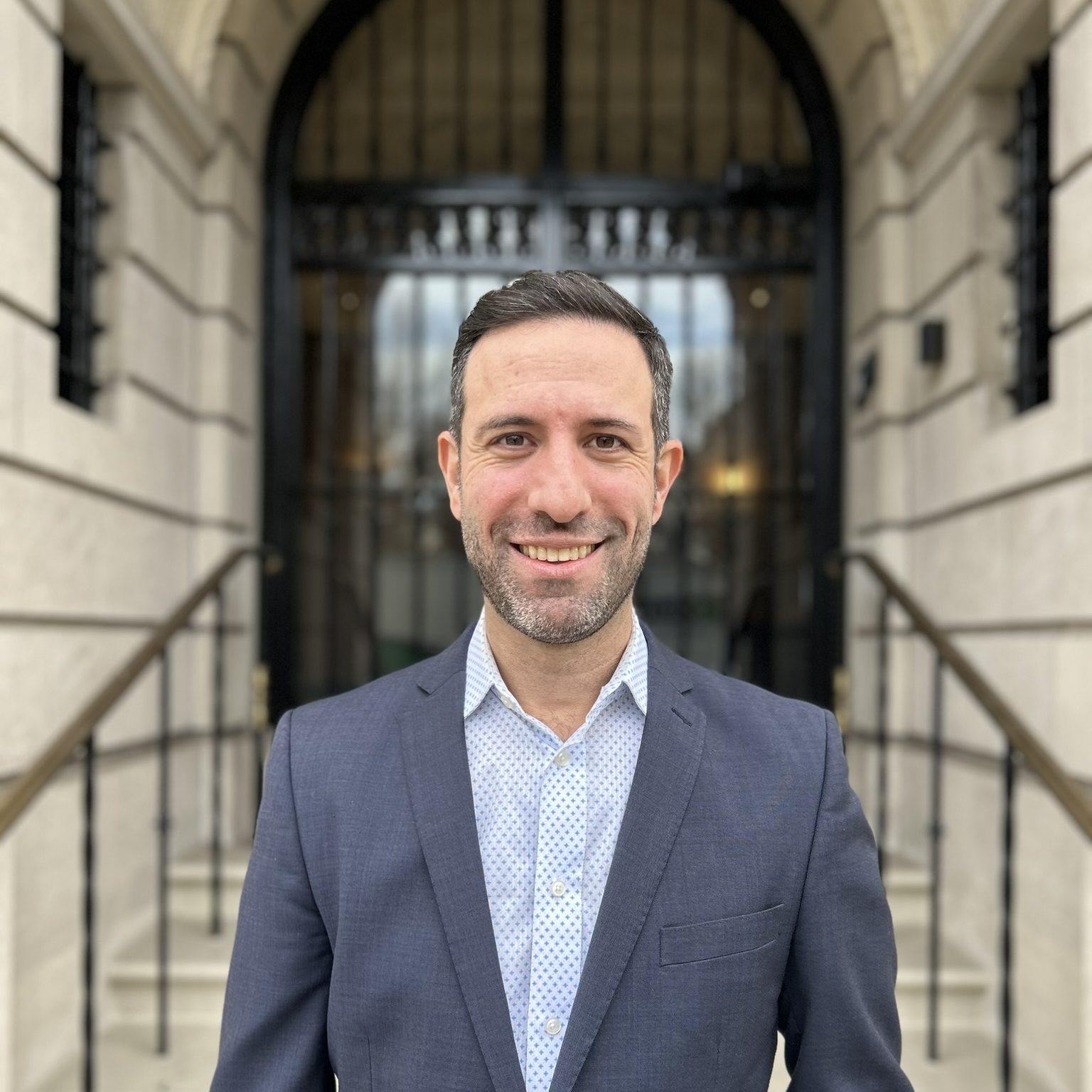Social-media platforms have long drawn American conservatives’ ire for the former’s content-moderation policies. During the first Trump and Biden administrations, much ado was made about the platforms purportedly overzealously moderating and silencing conservative viewpoints on everything from anti-COVID-19-vaccine content to posts supporting January-6th rioters. Even Trump was temporarily banned from Facebook and Twitter shortly before he left office in January 2021. Now, after the same platforms have bowed to political pressure and largely abdicated responsibility for moderating political speech, they have drawn criticism for spreading gruesome footage of Charlie Kirk’s assassination and permitting posts that seemingly celebrated his death.
And yet many conservative politicians reject the need for meaningful regulation of social-media platforms, leaving the companies to set their own content policies and procedures. This position is stranger still, considering some on the right champion freedom of speech online and yet criticize the spread of content, like some posts about Kirk that were in poor taste but likely did not violate the platforms’ terms of service, let alone cross the line into illegality. Without regulation and oversight, the only parties that get to determine how the principle of freedom of speech is upheld are the companies themselves. That places freedom of speech online at even greater risk.
American opponents of social-media regulation point to European legislation as a model of censorship that could serve as a template for similar laws in the United States. The current Trump administration has targeted the EU, accusing it of trying to export a censorship regime to the United States through its Digital Services Act (DSA), a set of regulations for the digital information space, and of treating US tech companies in a discriminatory manner. At the Munich Security Conference in February, US Vice President JD Vance provocatively claimed that “EU commissars warn citizens that they intend to shut down social media during times of civil unrest the moment they spot what they’ve judged to be, quote, ‘hateful content.’” The Trump administration is now considering higher tariffs and curbing chip exports to European countries, as well as visa restrictions on EU officials, for implementing the DSA and unfairly targeting the tech platforms.
While the DSA has many flaws and should not be codified wholesale into American legislation, one of its benefits is the ability to hold social-media companies’ feet to the fire. In Europe, the legislation mandates that the companies provide some degree of algorithmic transparency—many of the companies have nevertheless failed to comply—so users can understand how and why certain content is directed into their feeds, or if, for example, liberal political content is systemically prioritized over conservative content.
In addition, the DSA has mechanisms for users to challenge companies’ decisions to moderate content or remove accounts. If a European user believes a platform unfairly censored them because of their conservative viewpoints, that person ostensibly has the right to make a complaint.
The DSA also forces companies to make their data available to vetted researchers—again, compliance has been spotty—which not only should make it easier to hold tech giants to account but also would remove the Faustian bargain many researchers currently strike to access the platforms’ data. This would, in theory, give researchers more freedom to analyze how platforms address a range of issues conservatives care about—from anti-Semitism to child sexual exploitation—without the threat that the platforms would remove researcher data access if they published unflattering results.
In the United States, conservatives who oppose any regulation of social media on freedom-of-speech grounds not only miss an opportunity to compel the companies to honor this freedom, but they risk making the entire principle of freedom of speech dependent on whichever way political winds blow at the time. From 2017 until 2022, companies mostly found it politically expedient to invest more resources in fact-checking, monitoring coordinated inauthentic behavior, and strengthening trust-and-safety teams. Elon Musk’s takeover of Twitter in October 2022 initiated the trend of dismantling these policies and procedures. Trump’s reelection further emboldened companies to retreat from self-policing. Clearly, some concluded that protecting their bottom line necessitated caving to political pressure, while others seemingly relished the opportunity to abandon costly and controversial trust-and-safety measures under the guise of opposing “censorship”. In the aftermath of Kirk’s assassination, it is fathomable that the platforms will bow to additional political scrutiny and begin moderating left-leaning content, or at least content conservatives find objectionable.
But companies bowing to political pressure is not a durable solution to protect freedom of speech. After all, if the political pendulum swings the other way in a few years, what stops social-media platforms from reinstating policies conservatives found anathema? In the absence of any legislation, freedom-of-speech warriors will have little recourse to challenge perceived anti-conservative bias online.
The United States should not replicate European laws wholesale to regulate the online information space. But at a minimum, Americans can learn a thing or two from allies across the Atlantic who, knowingly or not, put in place mechanisms that should protect, rather than inhibit, the rights of conservatives—and of users from across the political spectrum—to post their viewpoints on social media.
The views expressed in GMF publications and commentary are the views of the author alone.





